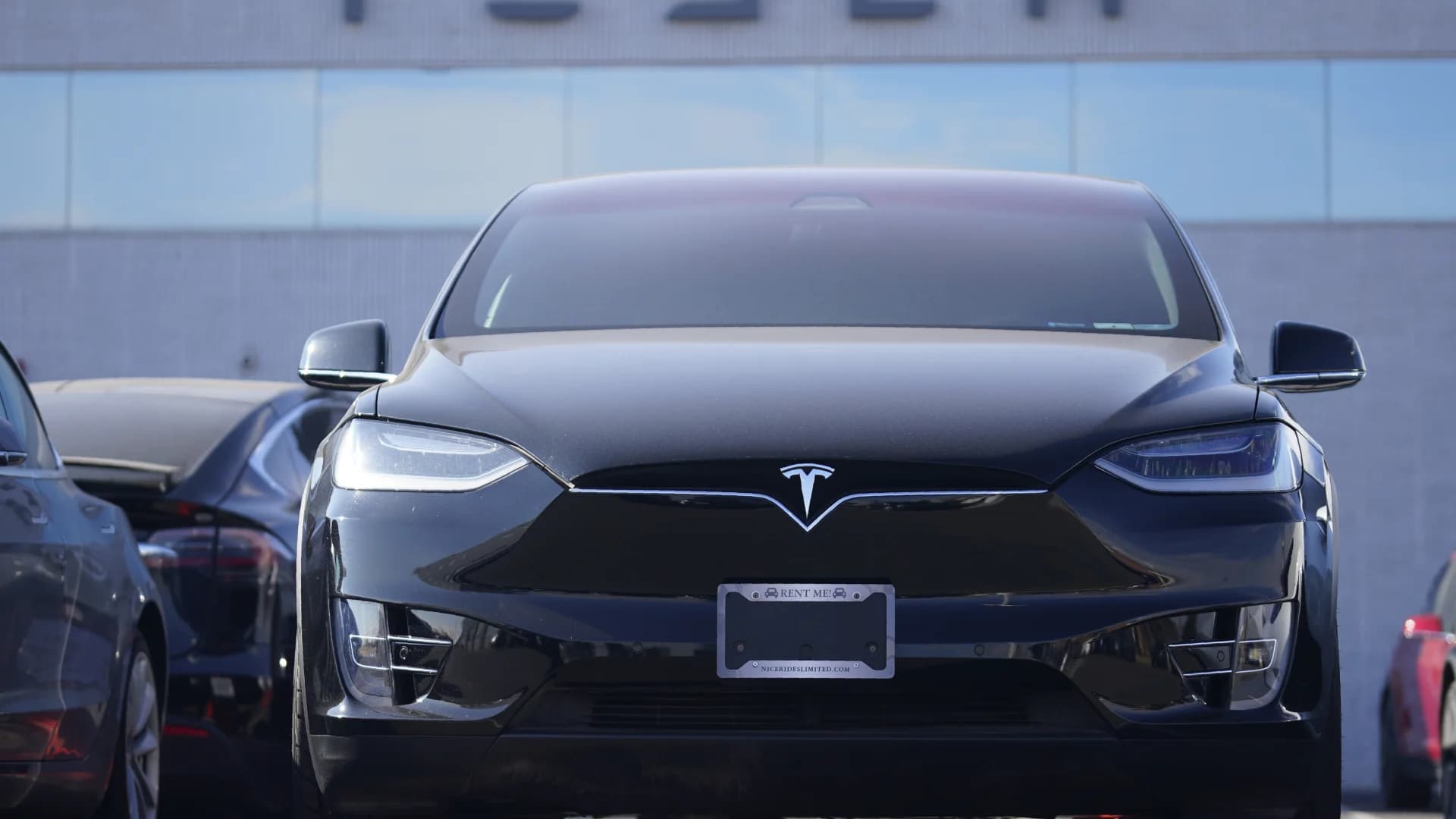More Stories

Electric SUVs generally are among the least reliable vehicles on the road, but it's not because of the batteries or electric motors that power them.
Instead, it's because of glitch-prone electronics including climate controls and power equipment, the annual auto reliability survey of subscribers by Consumer Reports found.
Electric SUVs were the least reliable category in the annual survey of subscribers to the magazine and website who collectively own more than 300,000 vehicles. Tesla's Models X and Y, the Audi E-Tron and Volkswagen ID.4 were among the vehicles singled out as having problems in areas other than the electric powertrain.
In contrast, compact and plug-in gas-electric hybrids led by the Toyota Prius and Prius Prime and the Honda Insight were the most reliable category, said Jake Fisher, senior director of auto testing for Consumer Reports.
Overall, Japanese brands led by Lexus, Mazda, Toyota and Infiniti took eight of the top 10 spots in the reliability survey. General Motors' Buick brand finished fifth, and BMW's Mini was 10th.
Ford's Lincoln luxury brand finished last of 28 brands with Tesla, Jeep, Genesis and Volkswagen rounding out the bottom five.
Electric vehicles, with far fewer moving parts, should be more reliable than gas-powered vehicles, Fisher said. But electric SUVs tend to be higher-priced luxury vehicles at present, and those have all the latest technology that can cause trouble, he said.
“The powertrains aren't the problem," Fisher said. Instead, the electric SUVs often are equipped with electric door handles, electric-activated climate control vents and other features. “By having all of these new technologies saddled into these early adopter-mobiles, there are more problems associated with them.”
Fisher said electric vehicles are likely to be more reliable than gas-powered ones as manufacturers work the bugs out of their features.
The Lexus GX SUV was the most reliable model in the survey, followed by Kia's Niro electric vehicle, the Toyota Prius Prime plug-in hybrid, the Prius hybrid and the Cadillac XT5 sedan.
Least reliable were the Mercedes GLE, Ford Explorer, Ford Mustang, Chevrolet Silverado and GMC Sierra 1500, and the Chevrolet Corvette, according to the survey.
Fisher said owners are reporting more problems with complex eight-, nine- and 10-speed transmissions that are designed for fuel efficiency, especially among some Hyundia, Kia, Subaru and Toyota models.
Tesla, the world's leading electric vehicle brand, was ranked near the bottom for reliability due to reports of body hardware problems, water leaks, trunks not closing and missing weather stripping, Fisher said. There also were problems with a new heat pump system to heat the passenger compartment and defrost the windshield, he said. Tesla's Model 3 sedan, with average reliability, was the only model recommended by Consumer Reports.
Lexus, Toyota's luxury brand, traditionally is at the top of the survey because it's really conservative when rolling out new engines, transmissions and technology, Fisher said. The brand, he said, was among the last to add Apple CarPlay to its vehicles, and it was slow to move toward eight-speed transmissions, he said.
Fisher said reliability is more important than ever now due to parts supply shortages to fix problems. “Buying a reliable vehicle can help ensure that you'll be able to hit the road when you need to, and not worry about getting stuck waiting on parts for repairs,” he said.
The survey is used by Consumer Reports to predict reliability. It's based on overall reliability for the 2019, 2020 and 2021 model years, for vehicles that have not been redesigned.
More from News 12
0:26

Pedestrian fatally struck by car in Stony Brook
2:04

Near record cold tomorrow, rain and snow possible this week for Long Island
0:17

2 people injured in Northern State Parkway crash
1:11

Toddler fatally struck by vehicle in Mount Sinai
0:49

Remembering Liam Gleason: Funeral held for late Siena University men's lacrosse coach
1:15
